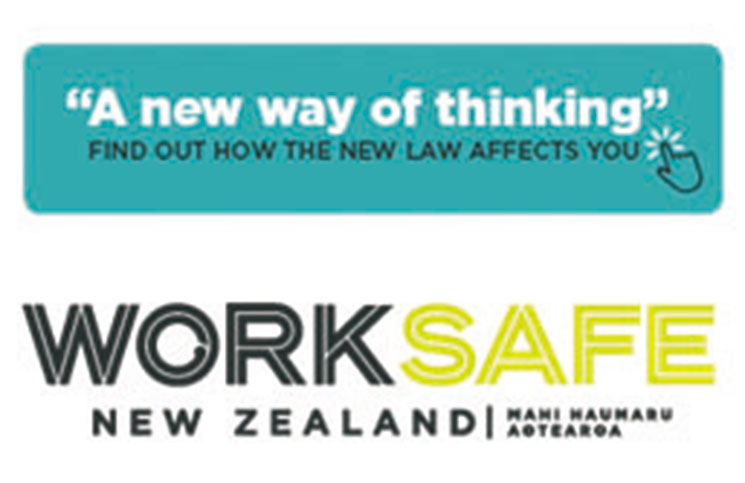“Zero tolerance” for inappropriate behaviour in the New Zealand civil service
Published in the Nr 19 - November 2019
CLOSE-UP
New Zealand’s public sector, which has achieved international recognition and is regularly put in the spotlight for its integrity, is able to count on the unwavering trust of citizens.
However, as highlighted by the State Services Commissioner, it is even more crucial that everyone is able to thrive in their workplace. The government has made protecting staff a priority.1
A survey conducted in thirty or so government departments revealed that the number of complaints for inappropriate behaviour that should give rise to disciplinary action (discrimination, harassment, bullying, etc.) do not reflect the actual situation.
In conjunction with Worksafe NZ, the national workplace health and safety regulator, and trade union federations, the State Services Commission has drawn up new model standards which are now binding on government departments. The clearly stated goal is to “break the silence” which often exists where the person who is the subject of the complaint is in a position of trust or authority.
.

The system, which is called “Positive and Safe Workplaces”, is based on a set of minimum standards for organisations, managers and staff.
To specify what is expected of everyone, the authors have clearly detailed the roles of the various parties, underscoring the need for a constructive, inclusive and uncompromising approach:
• managers must undertake to provide a response to all complaints. This means that they must record them in a special database for monitoring purposes.
• employees who are subject to inappropriate behaviour are encouraged to speak up and ask for help, in particular from HR departments
• colleagues who are bystanders to inappropriate behaviour are bound to report it whilst respecting the confidentiality of persons. As “whistle blowers”, they will have the same protection as the victims.
All managers will have to undertake compulsory training in the prevention of psycho-social risks and the criterion of irreproachable behaviour on this point will be a deciding factor for career progression.
With this fresh step forward which draws on its ethics model, New Zealand is demonstrating that there is no place for these practices .
1 “Your wellbeing is more important than our organisational reputation”.
- For more information: ssc.govt.nz
